

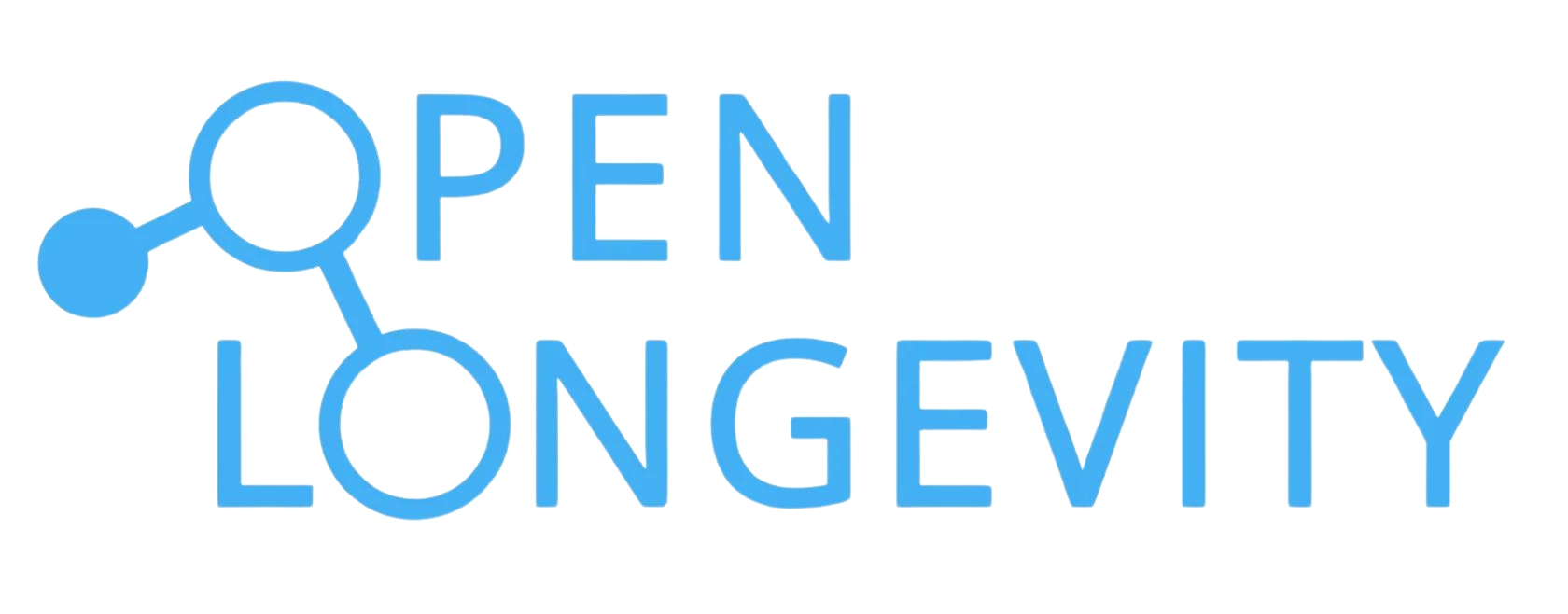


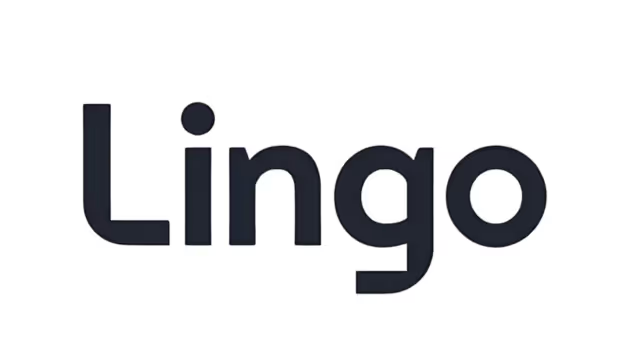















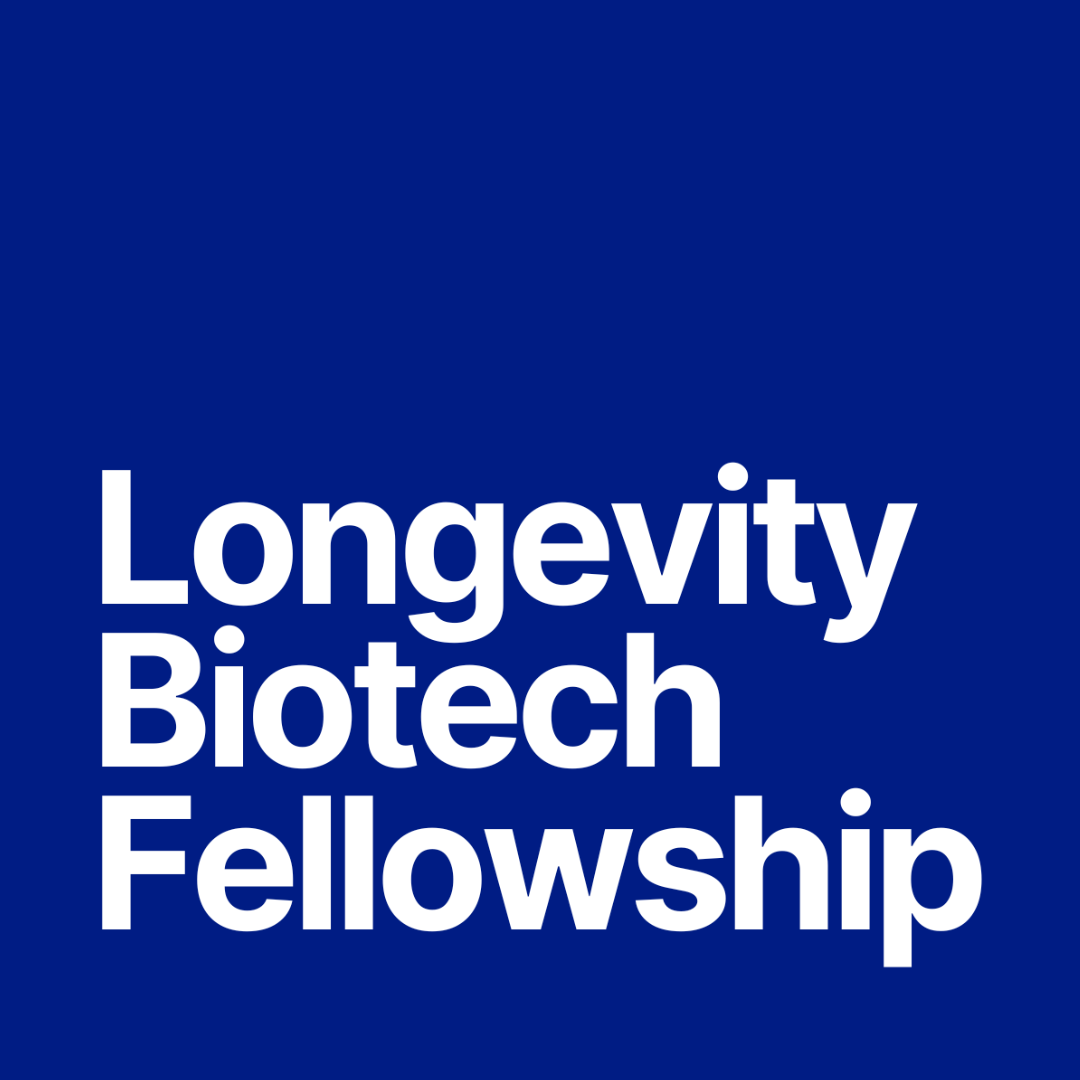

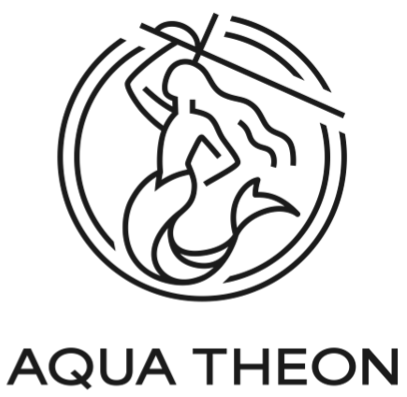
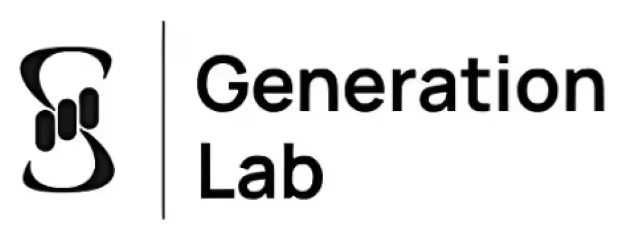


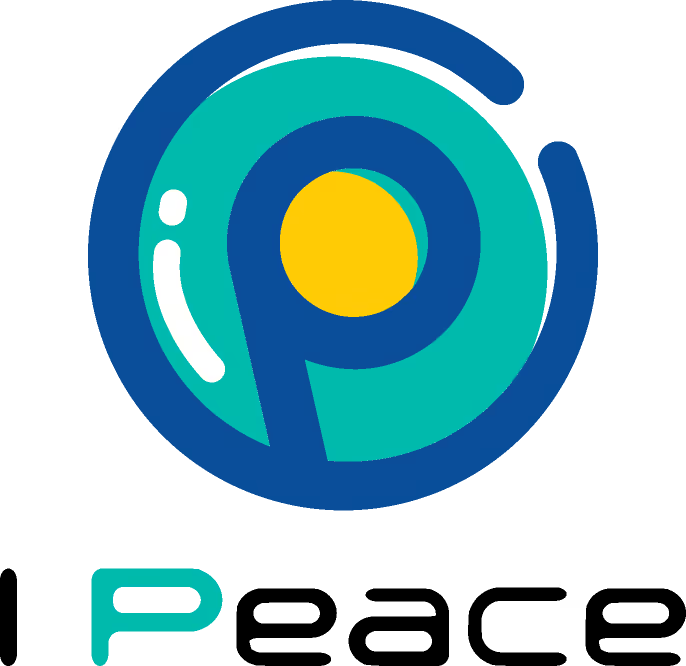





























































Vitalist Bay brings together top leaders in longevity, health, and AI.
All the people key to solving aging.
Get exclusive early bird pricing.
World-class speakers, instructor-led movement, cutting-edge diagnostics. And the conversations that happen in between.
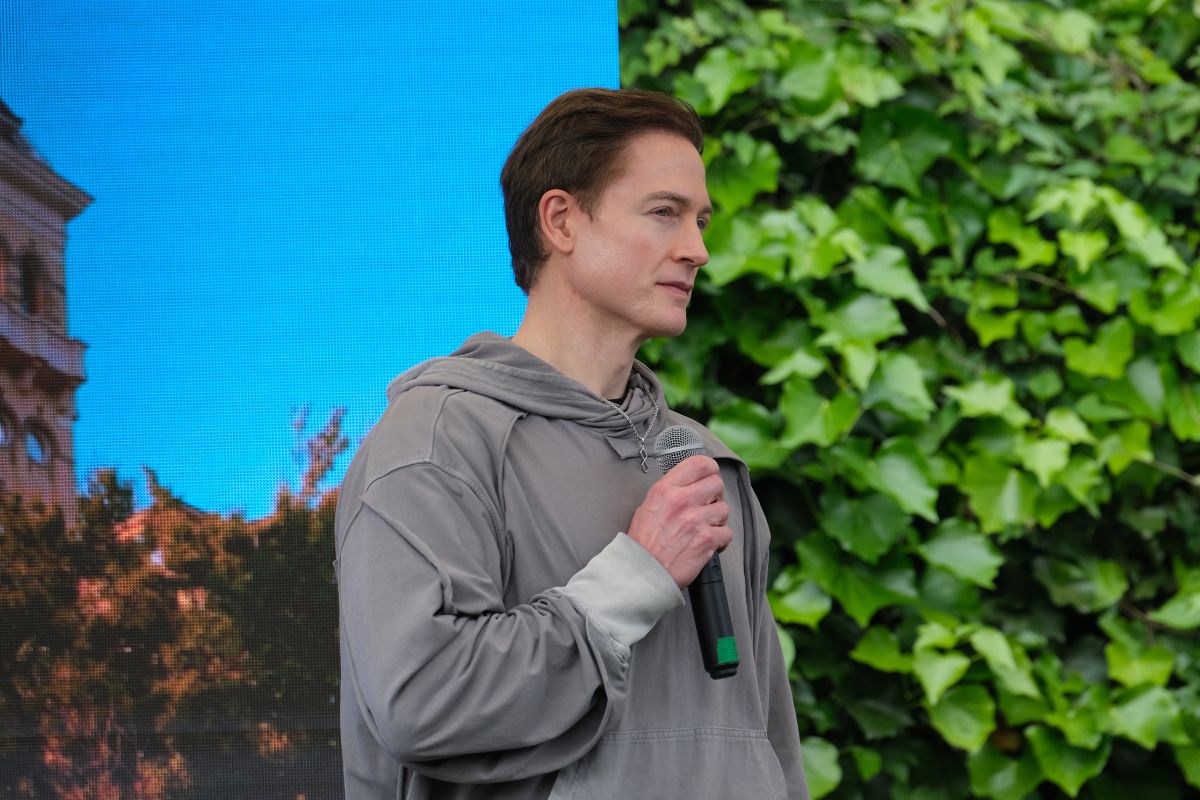
Keynotes from the people actually pushing longevity forward. Plus workshops and conversations where you're in the room, not watching from a screen.
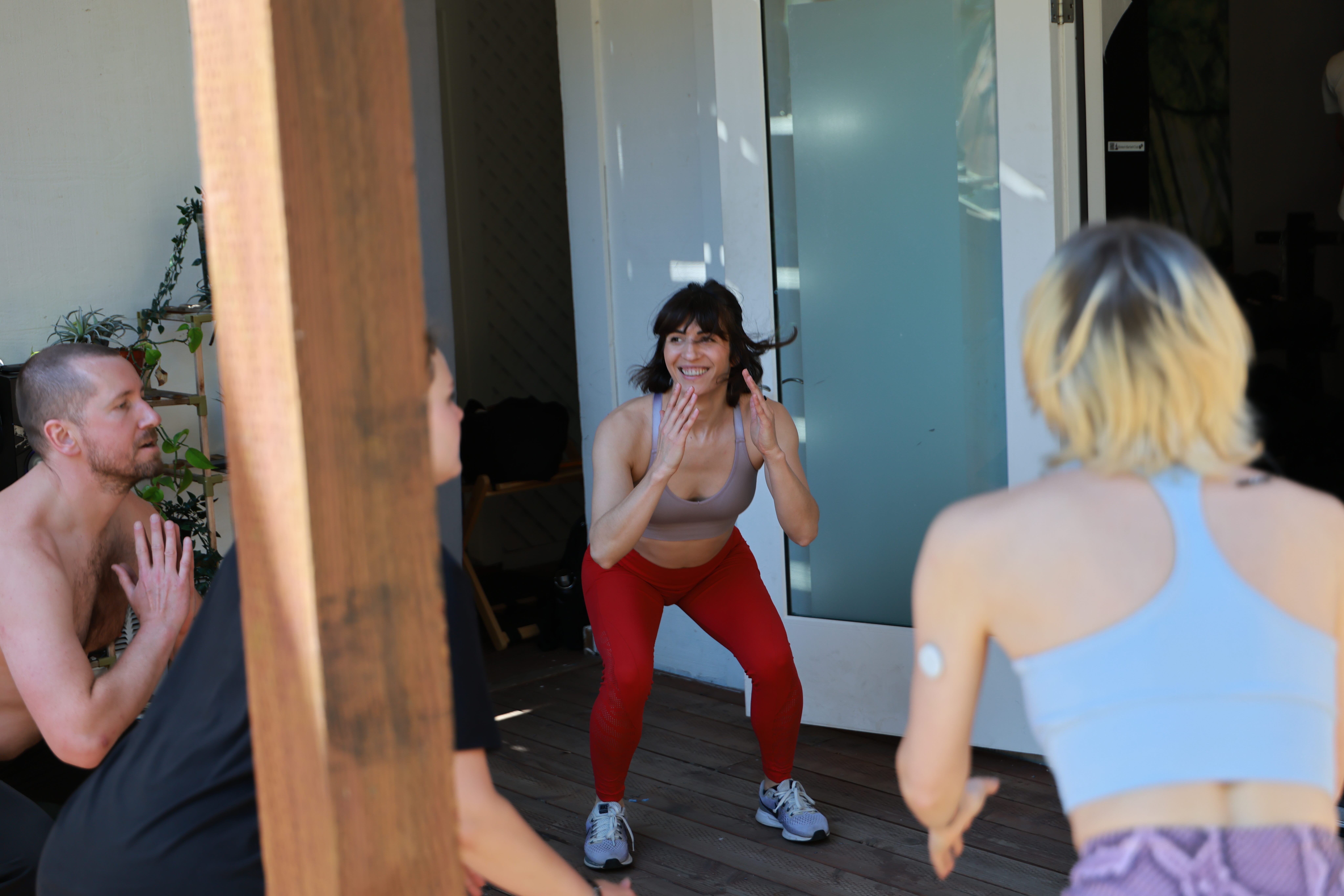
World class instructor-led sessions to get you out of your head and into your body -- from breathwork and sound healing to pilates and Krav Maga.
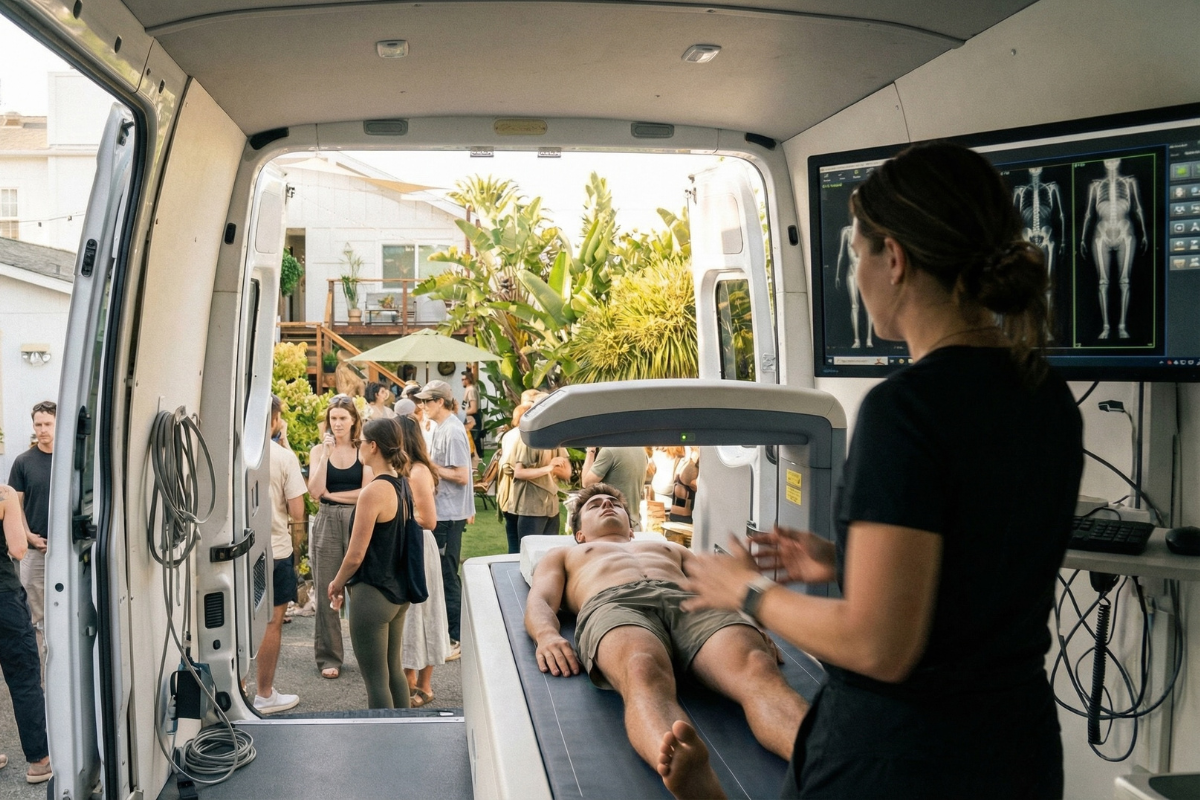
Blood panels, DEXA scans, and cutting-edge diagnostics. All on-site, all handled. Get the data you've been putting off without the scheduling headache.
Health and longevity diagnostics and biomarkers testing on site. @ Vitalist Bay
Gold standard for body fat % and bone density.
Try out a continuous glucose monitor to see what foods spike your blood sugar.
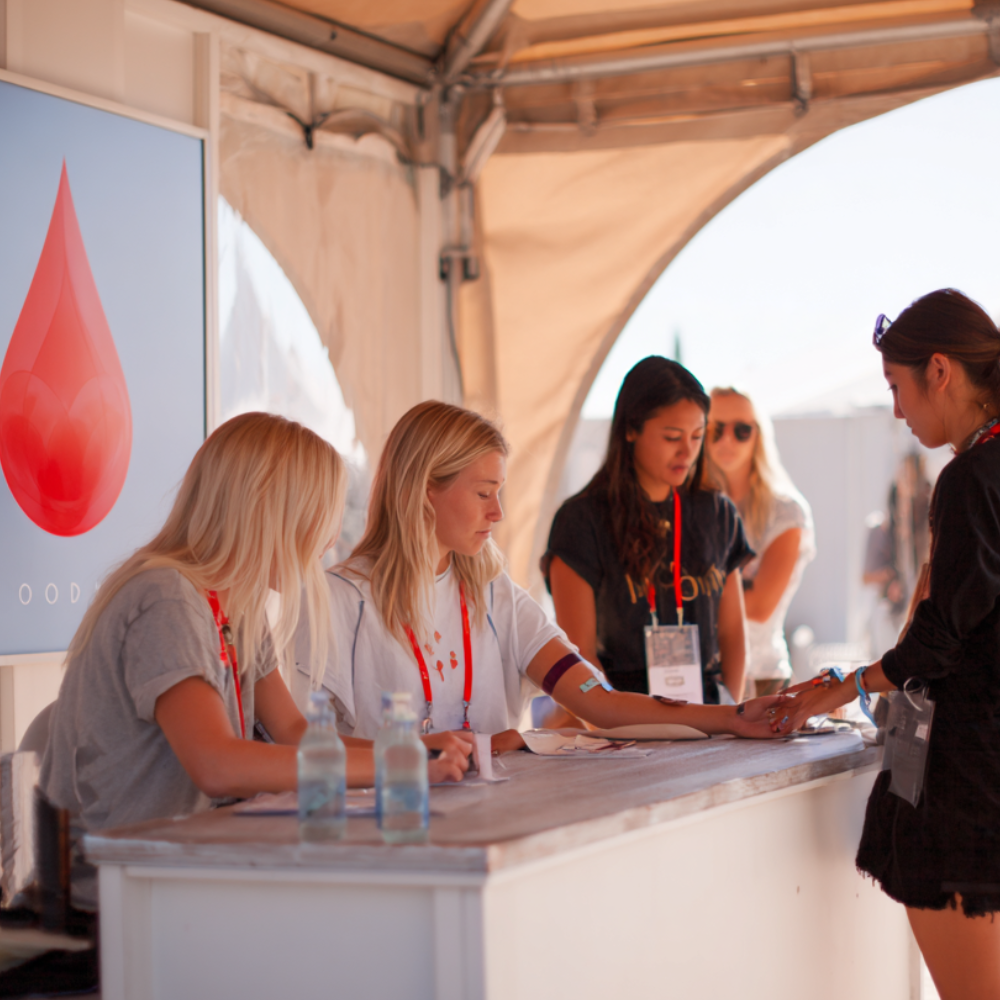
Get insights into your critical blood biomarkers and more.
Discover unique personal health factors
From main acts to sidetracks.
More speakers coming soon.
Tentative Schedule
About
Vitalist Bay 2026 longevity popup in Berkeley, California brings the world’s best minds together to extend human healthspan & solve aging.
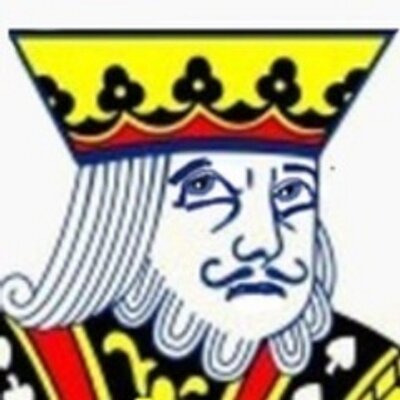
Tim Urban
@waitbutwhy
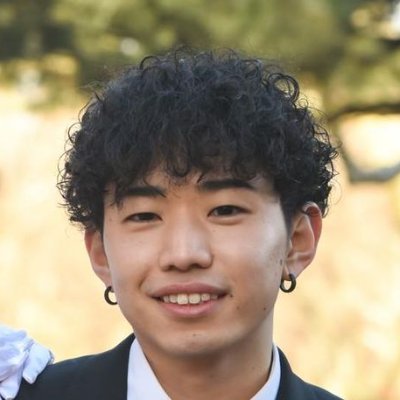
Nao Yukawa
@nyneurotech
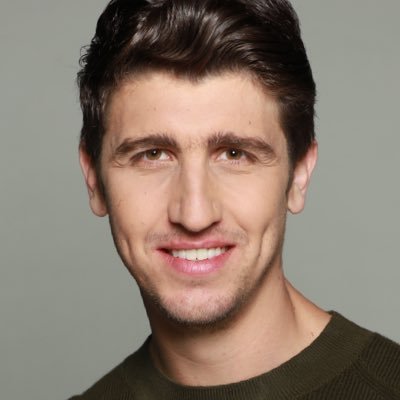
Adam Bataineh MD
@drAdamBat
Lighthaven Campus // 📍2740 Telegraph Ave, Berkeley California.
A beautifully designed environment for discussion, collaboration, and learning.
FAQ
What is Vitalist Bay?
Vitalist Bay is a pop-up longevity festival -- the biggest and most comprehensive Longevity event in the world.
Who is Vitalist Bay for?
Vitalist Bay is for anybody who wants to live in great health for as long as possible. Health fans, scientists, entrepreneurs, activists, engineers, investors and builders who want to take action about aging & death.
Where is Vitalist Bay being held?
Vitalist Bay is taking place from May 14 - 17, 2026 at the Lighthaven campus in Berkeley, California. (📍2740 Telegraph Ave, Berkeley, CA)
How do I participate?
Participate in Vitalist Bay by buying an event pass for one or all four of the days.
What will the Vitalist Bay experience be like?
Immerse yourself in a vibrant longevity campus with
Can I book a room at the venue (Lighthaven)?
Yes, we have ~ 50 rooms available for bookings, nightly. Please book directly with Lighthaven. Hurry up, until supplies last.
How to explore partnership opportunities at Vitalist Bay?
For partnership / sponsor inquiries please email partnerships@vitalism.io
Are there grants or financial aid?
Yes. We have limited financial aid available to academics, early founders, and others in financial need who would still like to attend.
Please fill out this form and we'll get back to you as soon as possible.
Can I volunteer at Vitalist Bay?
Yes! We're always looking for volunteers (especially on site). And volunteers can get free access to the event.
Please apply to be a volunteer by filling out this form.